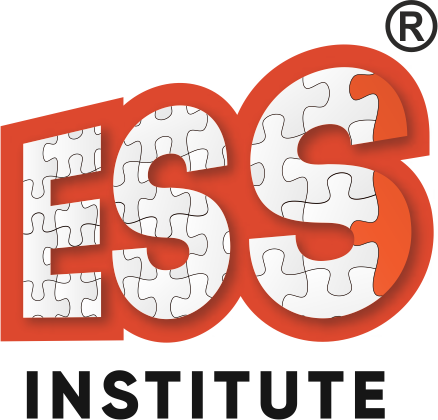More than 70 Crore Indians are now using the Internet after the Jio wave but more than 81% of them still don’t know about its working, websites, domain and hosting. So here from our expert from Basic Computer Course is explaining the concept of Domain, Hosting and website, Let’s start with the basics, what is the domain name? What does the hosting service resemble? Why or why not should I do it? Does this all make sense to my website? Why should a website contain these? and many others… Let’s look at some of the answers to these FAQs.
What Do You Mean By Website, Domain & Hosting?
Website: A site with Internet access where a business, organization, etc. posts content that can be accessed on the World Wide Web
Know about the Bootstrap Framework in website development
Domain: A domain name is a one-of-a-kind, easy-to-remember address that is used to visit websites such as ‘google.com’ and ‘facebook.com’.
Hosting: Hosting is the business of storing, providing, and preserving files for one or more Web sites. The fast Internet connection is more crucial than the computer space offered for Web site files.

A website is where a company posts its information so that its consumers or audience may access it on the internet. However, every website, as is well known, has an IP address, which is a distinctive series of letters used to identify each device connecting to a network via the Internet Protocol. And it is difficult to recall such an address when we have trouble recalling even ten phone numbers. Thus, it is considerably simpler to remember and enter a domain name rather than a numeric IP address to designate a location on the Internet.
The name of the domain is combined with SSL and TDL. For example, in

Since, SSL Certificate is different from Domain Name. You can purchase it either while purchasing hosting or you can buy it separately as well. The organization that offers these domain names is called ICANN or Internet Corporation for Names and Numbers. They don’t deal with us directly, though; instead, they sell those domains to authorized registrars like Go Daddy, Name cheap, Name.com, Game for Names LLC, etc., who then sell them to us as per our requirements. There are different extensions like, .com, .in, .org, .ai etc.. And it must be renewed regularly, such as once a year, or it will expire and you will lose control of that domain name, making it available to others.
Now that your company has a name that is uniquely yours, the moment has come to make it public and provide the information you desire. Thus, ‘Hosting’ enters the picture. It acts as a warehouse for all your files and data. Here web hosts host the sites for clients and make it easy for them to maintain and run them. It facilitates easy access for users on the internet.
When it comes to purchase a hosting service, a list of things should be considered to avoid disruption of a website. Like,
- Available storage
- Loading Speed
- Monthly Traffic for your site
- Data Security
- Content Management System
- Payment Methods
- Type of your business etc..
There are different types of Hosting services, characterized based on three factors:
- How Technology is employed
- How much Management is required from the user
- Additional services, such as Backups, are available
So, basically there are three types of hosting:
- Shared or Virtual Hosting
- VPS Hosting
- Dedicated Hosting
Beginners with less traffic and new startup prefer shared hosting as it is affordable and beginner friendly. Whereas, an organization with heavy traffic and high power needs prefers VPS or Dedicated hosting.
Since it is not required if your site is built with website builders like Shopify, Wix, and others. If your website is built using WordPress, PHP, or HTML, you will require hosting services.
How does it Work?
After purchasing a domain name, the files containing your website’s content (HTML, CSS, photos, databases, and so on) must be kept at a location linked to the internet — a web browser. After uploading the website’s contents to a hosting company’s web server, the host is responsible for delivering the data to users.
In Brief, we can state that when someone enters your website URL into their browser, their computer connects to the web server that houses your website files through the internet. It finds your domain’s IP address which is stored on the DNS (Domain name system) server and redirects people to the appropriate page. Their browser will then display your website data so they may visit your web pages whenever they choose.
If you find this article useful and would like to learn more from us, you can join the best computer institute in Delhi and enroll in our online basic computer courses now.

